 |
 |
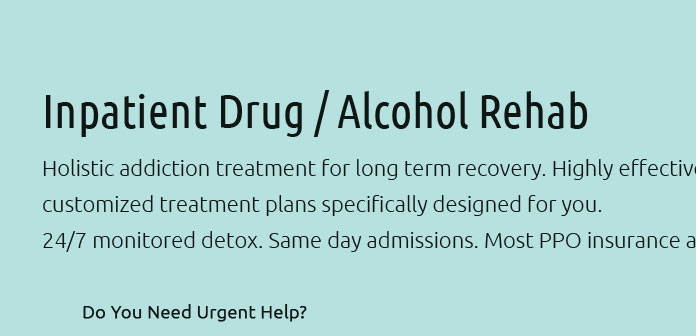 |
 |
 |
 |
||
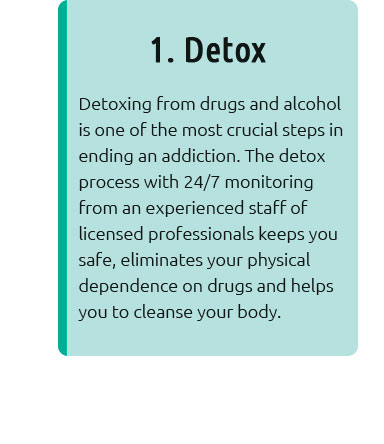 |
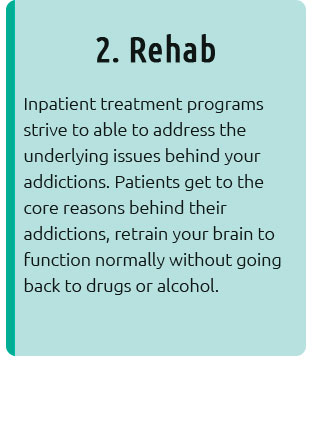 |
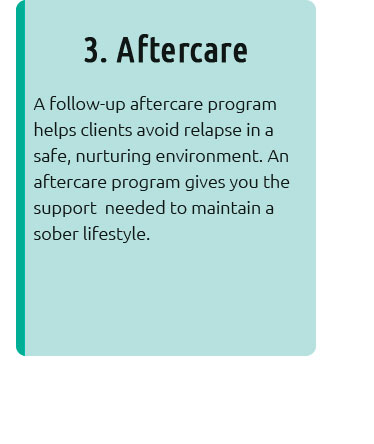 |
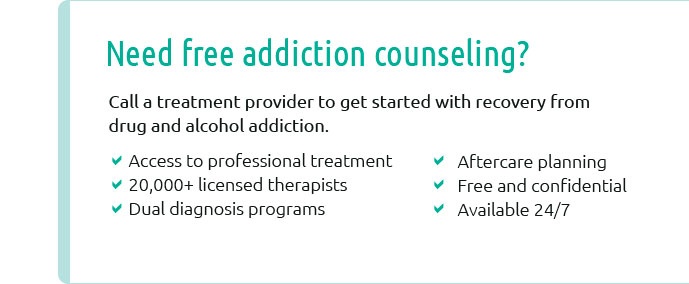 |
 |
 |
 |
||
 |
||
 |
||
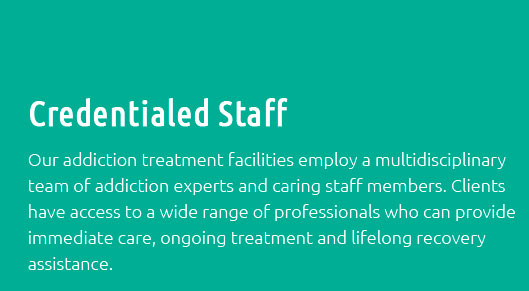 |
 |
 |
|
 |
|
Understanding Recovery in Addiction: A Journey of Resilience and TransformationRecovery in addiction is a deeply personal and transformative journey, marked by resilience, determination, and an unwavering commitment to change. For many, the path to recovery is not a straightforward one; it is fraught with challenges, setbacks, and moments of doubt. Yet, it is also a journey filled with hope, renewal, and the promise of a better tomorrow. At its core, recovery is about reclaiming one's life from the grips of addiction, redefining personal narratives, and embracing a future that is not dictated by past choices. This journey, while uniquely personal, is often supported by a tapestry of best practices that have been honed over years of research and lived experiences. One of the cornerstone principles in the recovery process is the importance of community support. Whether it is through formal support groups like Alcoholics Anonymous or informal networks of friends and family, having a strong support system is crucial. These communities provide a safe space for individuals to share their experiences, learn from others, and build a sense of belonging that is often lost during the throes of addiction. It is within these communities that individuals often find the strength to persevere, buoyed by the collective wisdom and empathy of those who have walked similar paths. Equally important is the role of professional guidance. Engaging with therapists, counselors, and medical professionals who specialize in addiction recovery can provide essential insights and strategies for managing cravings, understanding the root causes of addiction, and developing coping mechanisms. These professionals offer a structured approach to recovery, helping individuals navigate the often tumultuous emotional landscape that accompanies sobriety. Their expertise can be invaluable in identifying triggers, developing personalized recovery plans, and providing ongoing support throughout the recovery journey. Moreover, mindfulness and self-care have emerged as vital components in sustaining long-term recovery. Practicing mindfulness encourages individuals to remain present, fostering a deeper awareness of their thoughts, emotions, and bodily sensations without judgment. This practice can be instrumental in reducing stress, increasing emotional regulation, and promoting a sense of inner peace. Alongside mindfulness, engaging in self-care activities, such as exercise, meditation, and creative pursuits, helps in building a resilient and balanced lifestyle that supports recovery goals. Another critical element in recovery is the adoption of a holistic approach that addresses the multifaceted nature of addiction. This includes not only focusing on the psychological aspects of addiction but also addressing physical health, nutrition, and social connections. A holistic approach recognizes that recovery is not just about abstaining from substances but about fostering overall well-being. By nurturing the body, mind, and spirit, individuals can create a foundation for sustainable recovery and personal growth. Lastly, embracing the notion of personal empowerment is fundamental in the recovery process. This involves taking ownership of one's recovery journey, setting realistic goals, and celebrating small victories along the way. It is about understanding that recovery is a lifelong commitment and that setbacks do not equate to failure but rather opportunities for learning and growth. Empowerment in recovery means recognizing one's agency and potential to effect change, fostering a renewed sense of purpose and direction.
In conclusion, recovery in addiction is a multifaceted process that requires a blend of support, professional guidance, self-care, holistic health, and personal empowerment. It is a journey that is as individual as the person undertaking it, yet it is universally anchored in the principles of hope, resilience, and transformation. By embracing these best practices, individuals can navigate the complexities of recovery, emerging stronger and more empowered to live fulfilling, addiction-free lives. The road may be long and challenging, but with the right tools and support, it is a journey that holds the promise of profound personal growth and lasting change. https://nida.nih.gov/research-topics/recovery
While many people in recovery believe that abstinence from all substance use is a cardinal feature of a recovery lifestyle, others report that handling negative ... https://www.racnj.com/the-five-stages-of-addiction-recovery/
Anyone can overcome addiction with the help and guidance of a substance abuse treatment program. Understanding the five stages of addiction ... https://www.recoveryanswers.org/recovery-101/
Recovery from a substance use disorder is defined as a process of improved physical, psychological, and social well-being and health.
|